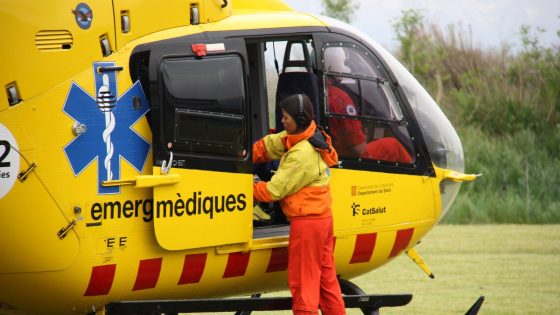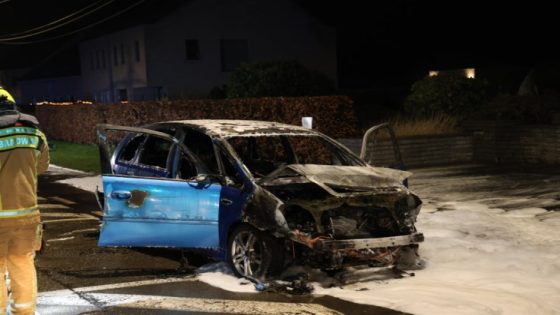Tremp faced a significant challenge last year when the SEM medical helicopter was unavailable for a total of seven full days and an additional four partial days. This situation raises important questions about emergency response capabilities in Catalonia. How can we ensure that critical medical services remain operational when they are needed most?
- Eliance manages emergency helicopters in Catalonia.
- SEM base in Tremp lacked medical helicopter.
- Contract value exceeds 40 million euros.
- Helicopter unavailability must be resolved quickly.
- ERC and Junts raised questions in Parliament.
- Inquiry about January's helicopter deployment criteria.
Concerns Over Helicopter Availability for Emergency Services in Catalonia
Why did Tremp’s SEM base struggle with helicopter availability? The situation has sparked inquiries from political parties like ERC and Junts, who are demanding explanations. With a contract worth over 40 million euros, the expectations are high for timely resolutions to any helicopter unavailability.
Political Reactions to Helicopter Shortages in Tremp
Political parties are taking action to address the helicopter shortages. ERC and Junts have submitted questions to the Parliament, seeking clarity on the criteria used for helicopter deployment and reasons for the January shortages. This scrutiny reflects a growing concern for public safety and emergency preparedness.
Understanding the Contractual Obligations for Helicopter Services
The contract for helicopter services mandates that any unavailability must be resolved within two hours. This includes either fixing the issue or providing a replacement helicopter with equivalent capabilities. Failure to comply can result in significant penalties for the contractor.
- Contract worth over 40 million euros.
- Must resolve issues within two hours.
- Penalties for non-compliance are substantial.
- Political scrutiny is increasing due to failures.
Implications for Emergency Services in Spain and Beyond
The helicopter shortages in Tremp serve as a critical reminder of the importance of reliable emergency services. In the U.S. and other countries, similar issues could arise if emergency response systems are not adequately supported. Ensuring that medical helicopters are available can save lives and improve public safety.
In conclusion, the challenges faced by Tremp’s SEM base highlight the need for robust emergency response systems. As political parties demand answers, it is crucial to prioritize the availability of medical helicopters to safeguard public health.

































